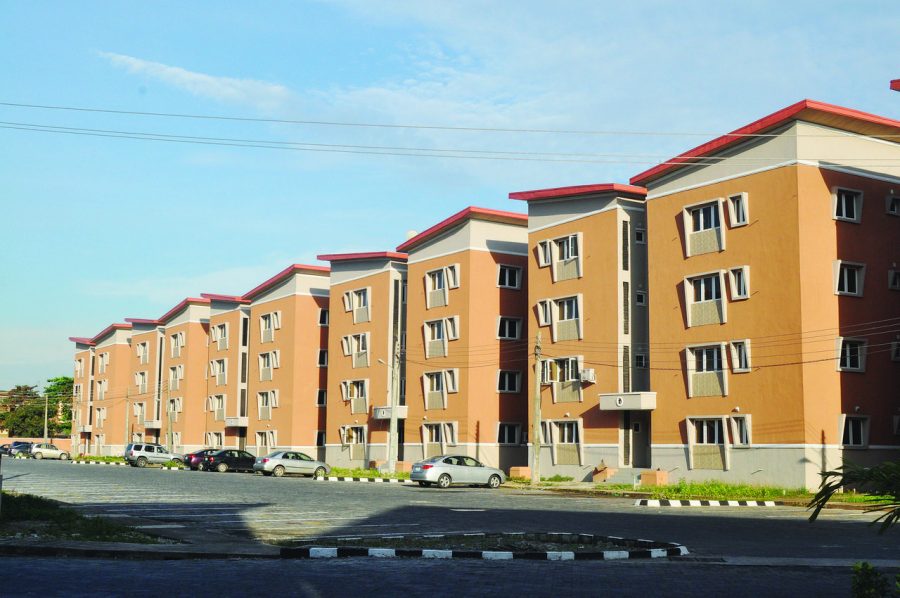The Lagos State Government has unveiled a significant overhaul of its tenancy laws, introducing a suite of measures designed to curb exploitative rental practices and bolster tenant rights in Nigeria’s most populous city.
The reforms, announced earlier this month, impose stricter limits on landlords, including how much rent they can demand in advance and how they may legally terminate tenancies. The law also mandates clearer documentation and more robust tenant protections, a move seen as long overdue in a rapidly urbanizing city grappling with a housing crisis and widespread informal rental arrangements.
Capping Advance Rent
Among the most consequential changes is the restriction on advance rent payments. Landlords may no longer demand more than three months’ rent upfront from existing tenants — a common practice that has placed undue financial strain on residents.
Tenants, likewise, are not permitted to offer more than this amount in advance. Both parties face penalties — including fines of up to ₦100,000 or up to three months’ imprisonment — if they breach this provision.
“We are trying to restore balance to a system that has long favored property owners,” said a senior official with the Lagos State Ministry of Housing, who requested anonymity to speak candidly. “Renting in Lagos should not be a game of survival.”
Receipts and Legal Documentation
The updated law also compels landlords to issue formal receipts for rent payments. These must include the names of both landlord and tenant, payment date, amount paid, and the location and duration of the lease. Failure to issue such documentation now carries a ₦10,000 fine.
Additionally, the law reaffirms a cap on legal and tenancy agreement fees, limiting them to no more than 10 percent of the annual rent. This policy is aimed at curbing the proliferation of dubious fees often imposed by landlords and their agents. For instance, on an annual rent of ₦1,000,000, no more than ₦100,000 may be charged for combined legal and agreement fees.
Structured Notice Periods
To bring more predictability to lease terminations, the law sets forth clearly defined notice periods in the absence of a written agreement. Weekly tenants must be given one week’s notice; monthly tenants, one month; quarterly or half-yearly tenants, three months; and yearly tenants, six months.
In cases where a monthly tenant is three months in arrears, landlords may seek repossession through the courts.
Preserving Tenant Dignity
The legislation codifies certain rights for tenants, including the right to privacy, freedom from unreasonable disturbances, exclusive possession of the premises, and lawful use of shared spaces.
In cases where tenants have made improvements to the property with the landlord’s written consent, they are now entitled to compensation should the tenancy be terminated.
“We are beginning to see housing not just as a commodity, but as a fundamental right,” said Ifeoma Anya, a legal analyst with the Lagos Tenants’ Rights Initiative. “This law may not solve all the problems, but it creates a legal framework that people can actually lean on.”
No More Self-Help Evictions
The reforms also address the often chaotic and violent practice of “self-help” evictions — where landlords forcibly remove tenants without court orders. Such actions are now explicitly illegal and subject to legal penalties. Evictions must follow due process, and landlords must pursue judicial channels to reclaim properties.
Dispute Resolution Channels Expanded
To improve access to justice, tenancy disputes may now be brought before either a Magistrates’ Court or a High Court, depending on the jurisdiction. The government hopes this change will lead to faster resolution of disputes and reduce the backlog of tenancy-related cases.
Public Response and Implementation
The new measures have drawn mixed reactions. While tenant advocacy groups have praised the reforms, some landlords have expressed concerns about enforcement and the financial impact.
Enforcement will fall largely to the Lagos State Real Estate Regulatory Authority (LASRERA), which has been tasked with overseeing compliance and handling grievances.
“The intention is clear,” said a LASRERA spokesperson. “We want a more equitable housing system. Tenants and landlords both have rights — and responsibilities.”

